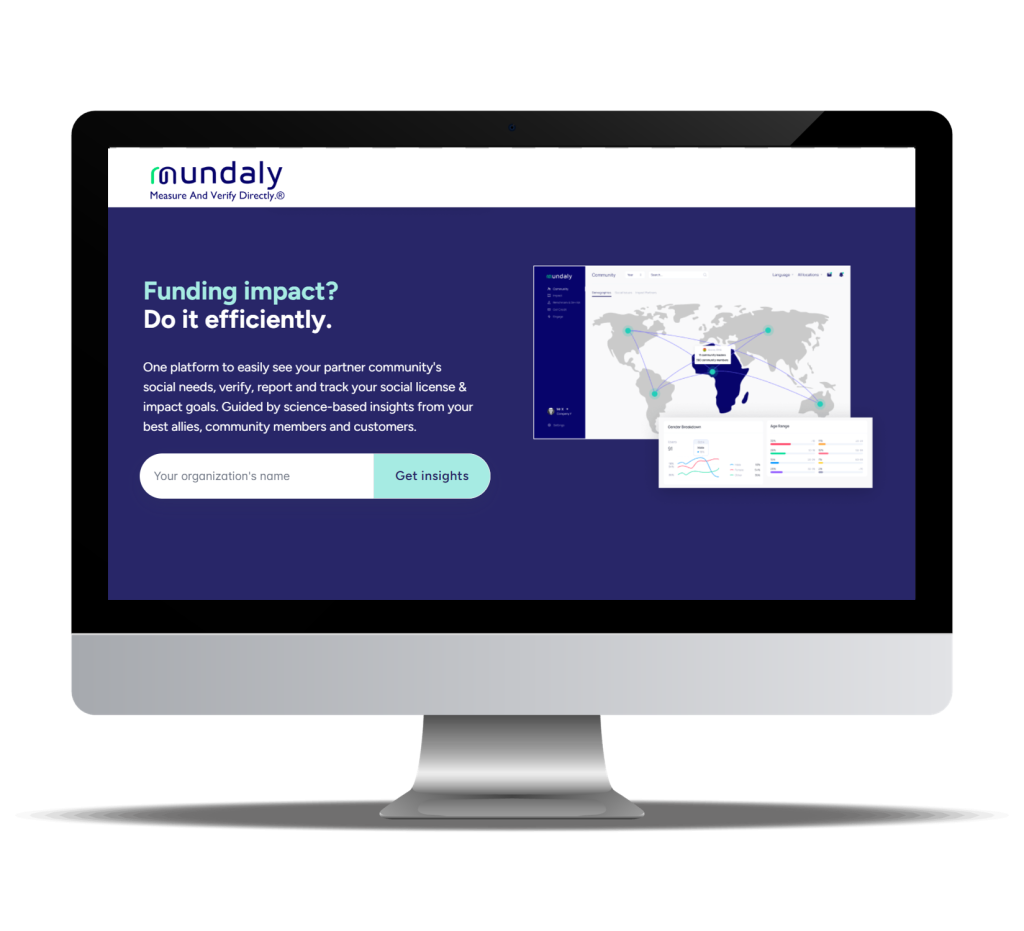OUR SCIENCE
Insure your impact with Community Alignment Intelligence.
In 2022, researchers at Johns Hopkins University published a study of 2450 community health funders and assessed the link between the $69.5 billion those funders spent annually and community health outcomes. The result was shocking; no association between the billions spent and expected outcomes like lower food insecurity.
The problem? A misalignment between what communities need and what the funders and their implementers deliver. In response, our researchers at Yale & Cambridge interviewed 1462 community stakeholders from 33 countries to develop and successfully pilot impact alignment tools.

Our founder, Dr. Frimpong, has won numerous awards for pioneering science-based tools.

Mundaly’s scientifically rigorous platform has enabled us to confidently track our well-being impact, quantify our community risks, and set measurable targets to mitigate them.
Science, not guesswork
Legacy impact evaluation only assesses outcomes, not moderators of adherence—they evaluate what was achieved, not what could be achieved in the future.
At Mundaly we believe science, deployed correctly, is a significant part of the solution. We believe community moderators, such as quality of delivery, should be prioritized equally in evaluations, just as outcomes. On Mundaly, we do both. We use our proprietary tools to evaluate implementation fidelity and the WHO’s Well-being Scale to evaluate outcomes.
Only then can teams start delivering sustainable impact—we call this Community Alignment Intelligence.
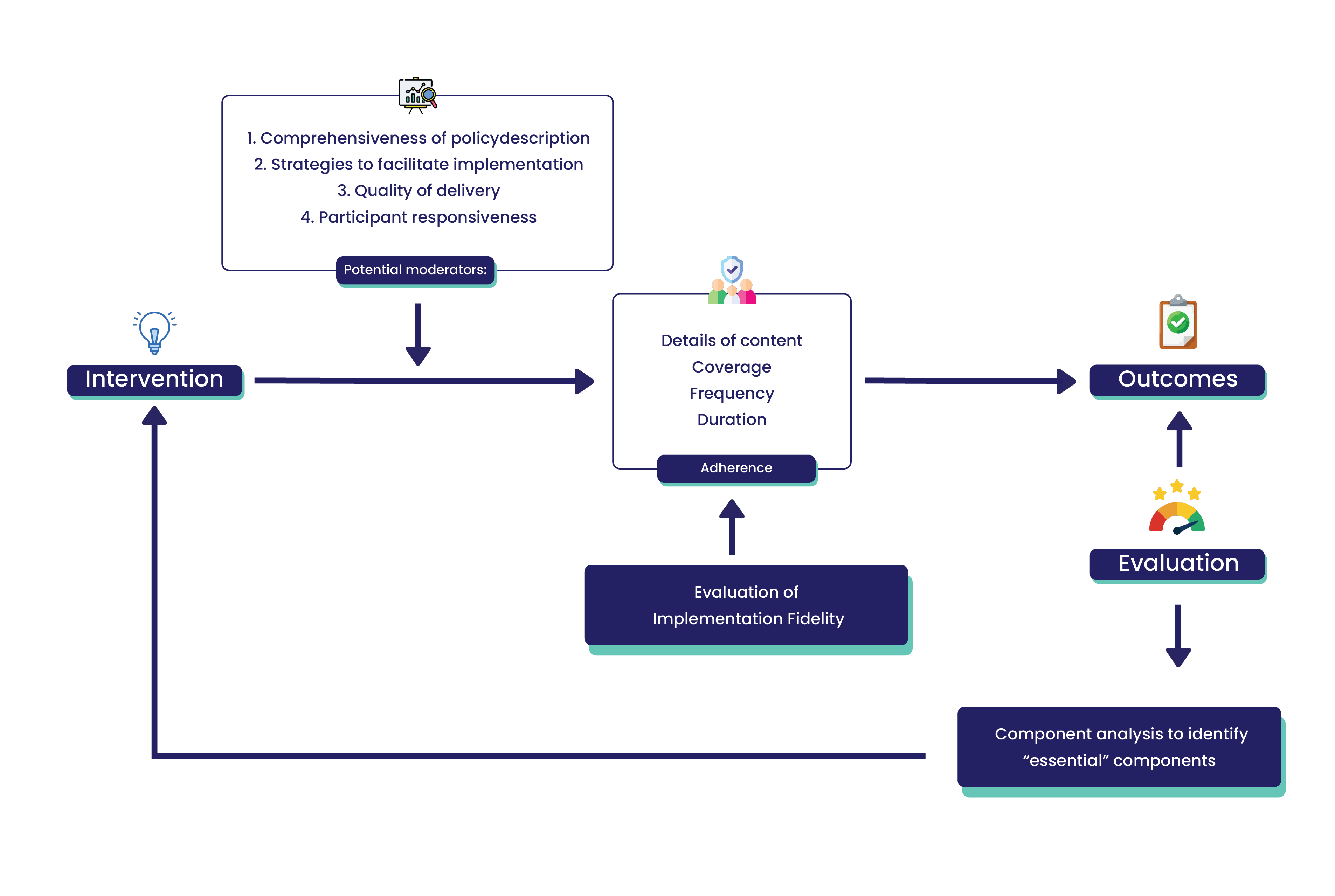
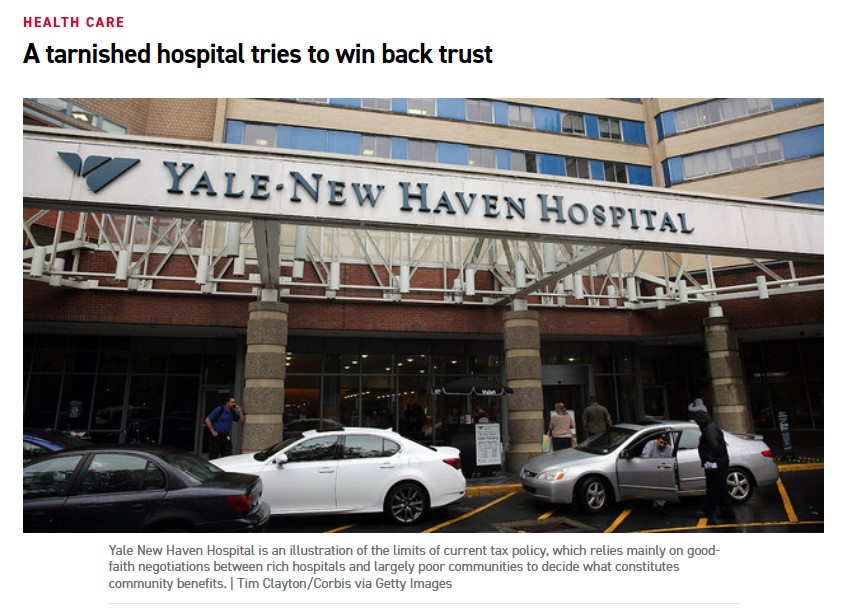
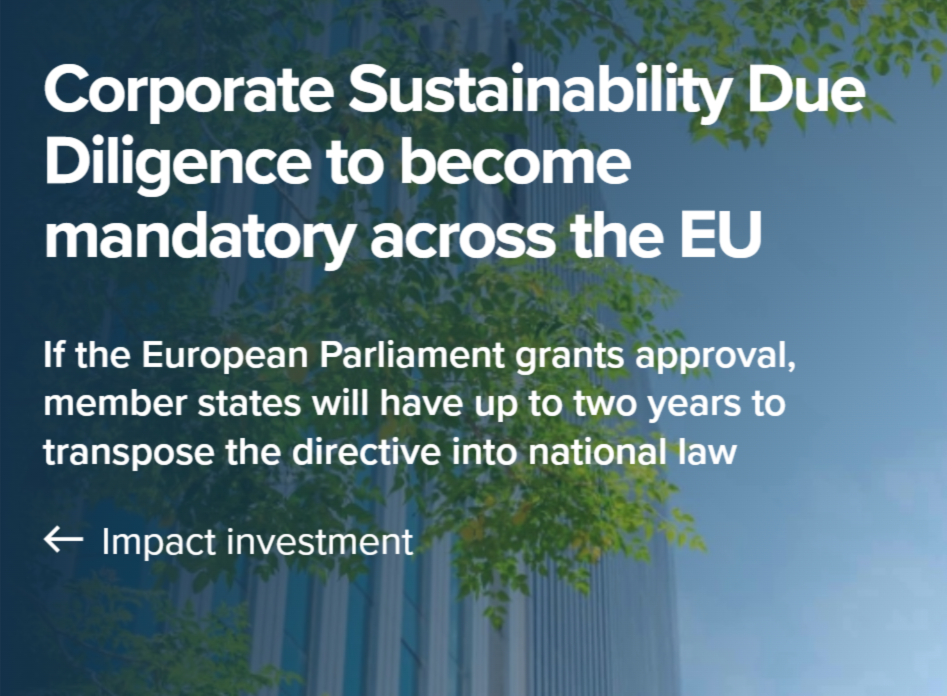
Frameworks that Work.
At Yale and Cambridge universities, we created two proprietary tools, the Community Impact Fidelity (CIF) scale ® and the Community Reputation Index (CRI) ®. The CIF scale verifies the outcomes of community interventions, while the CRI tracks a company’s social license due to its impact initiatives. We also reviewed existing scientific tools on workplace stress and culture to create the Facilitation Strategy (FS) score.
Community members take CIF and CRI, while employees of the implementing organization take the FS scale. The CRI, CIF and FS scores combine to yield the Community Trust or Fundability Score. The WHO Well-being Scale is included here to track all 24 components of wellbeing.
Quality Data You Can Trust.
WITHOUT MUNDALY

What the community wanted
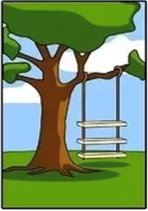
What the Data Collector heard
What the Data Analyst found.
What the Research Company billed.
What the Community Received.

WITH MUNDALY

What the community wanted
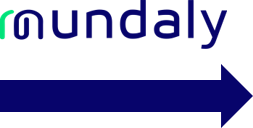
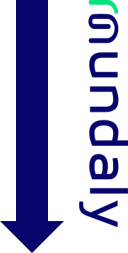
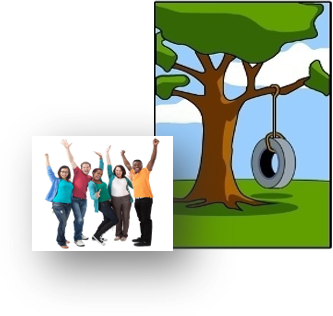
What the community received
Equitable & “Always-On”.
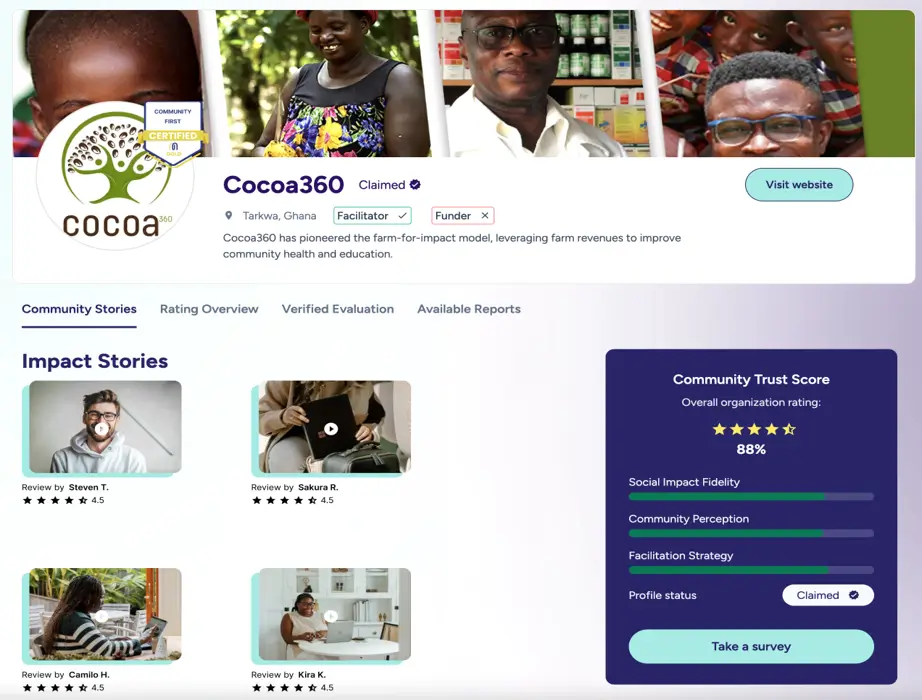
An Organization’s Profile on Mundaly
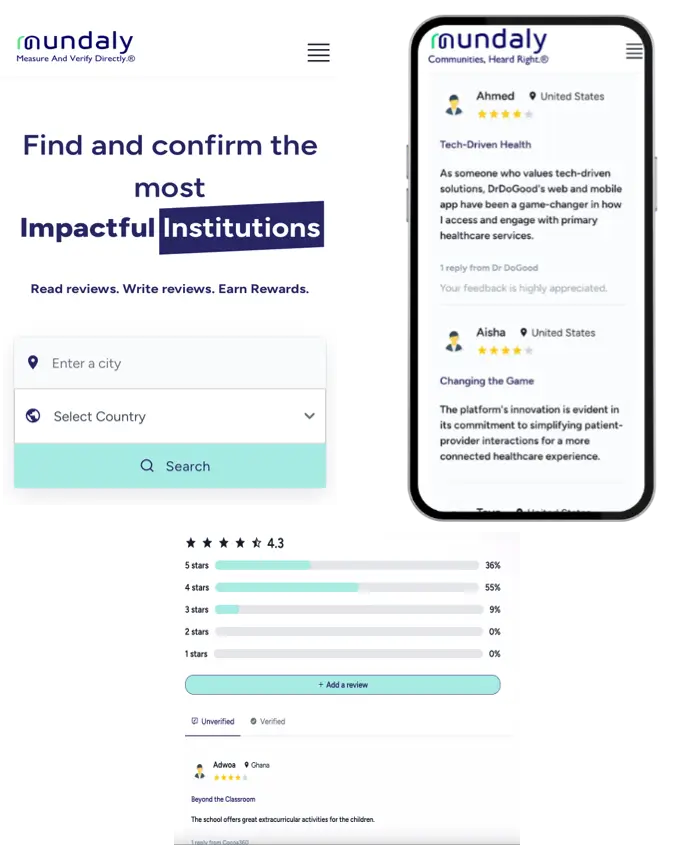
Communities give both solicited and unsolicited insights. They’re incentivized to stay and engage.
At Mundaly, we believe that communities deserve a say in their needs, who is selected to provide that need, and whether that need is being solved as intended. We also believe communities should be able to share feedback on initiatives that affect them – whenever and wherever they want – without waiting on ad-hoc research.
Building on a foundation of award-winning field experience.
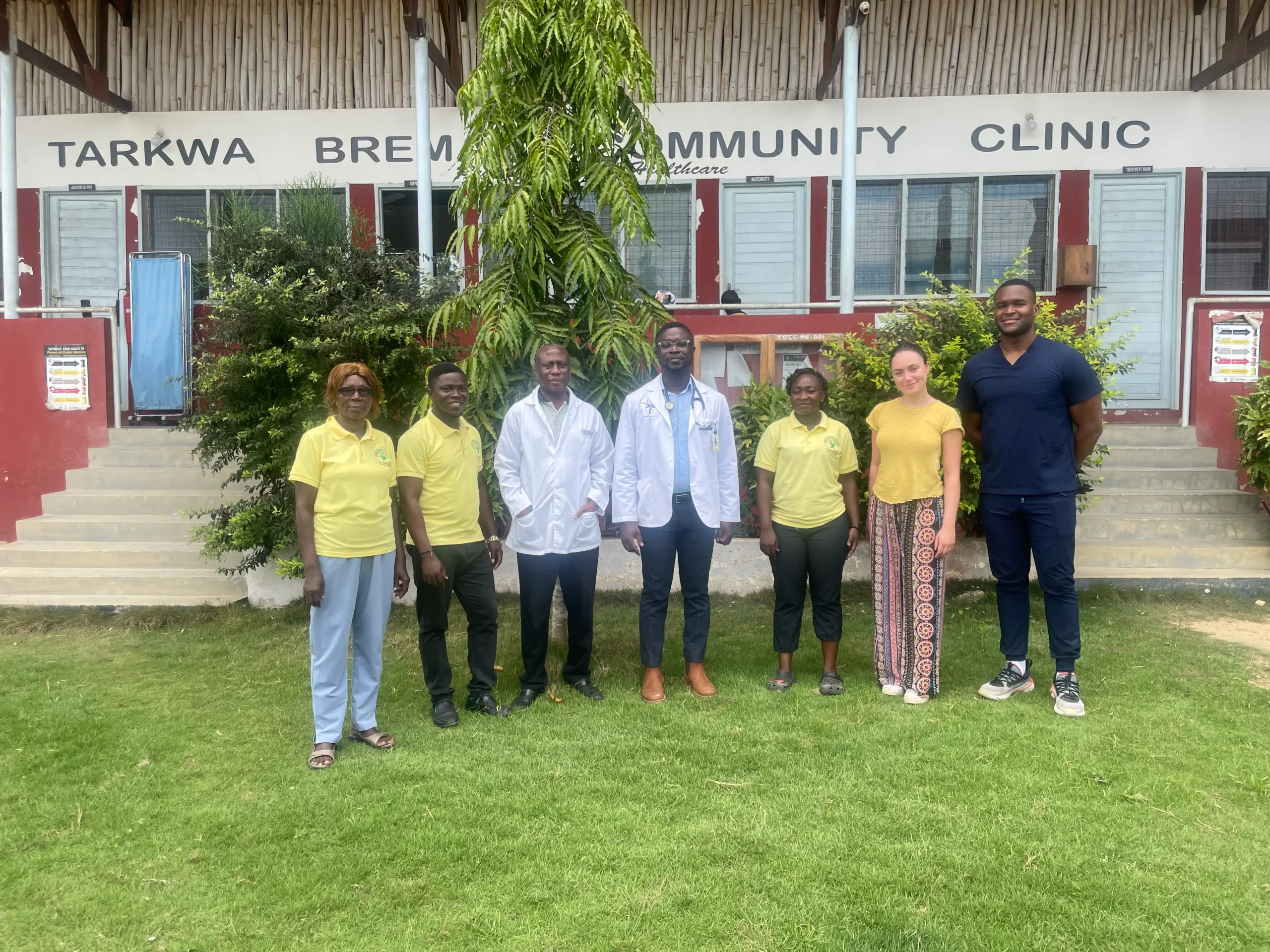
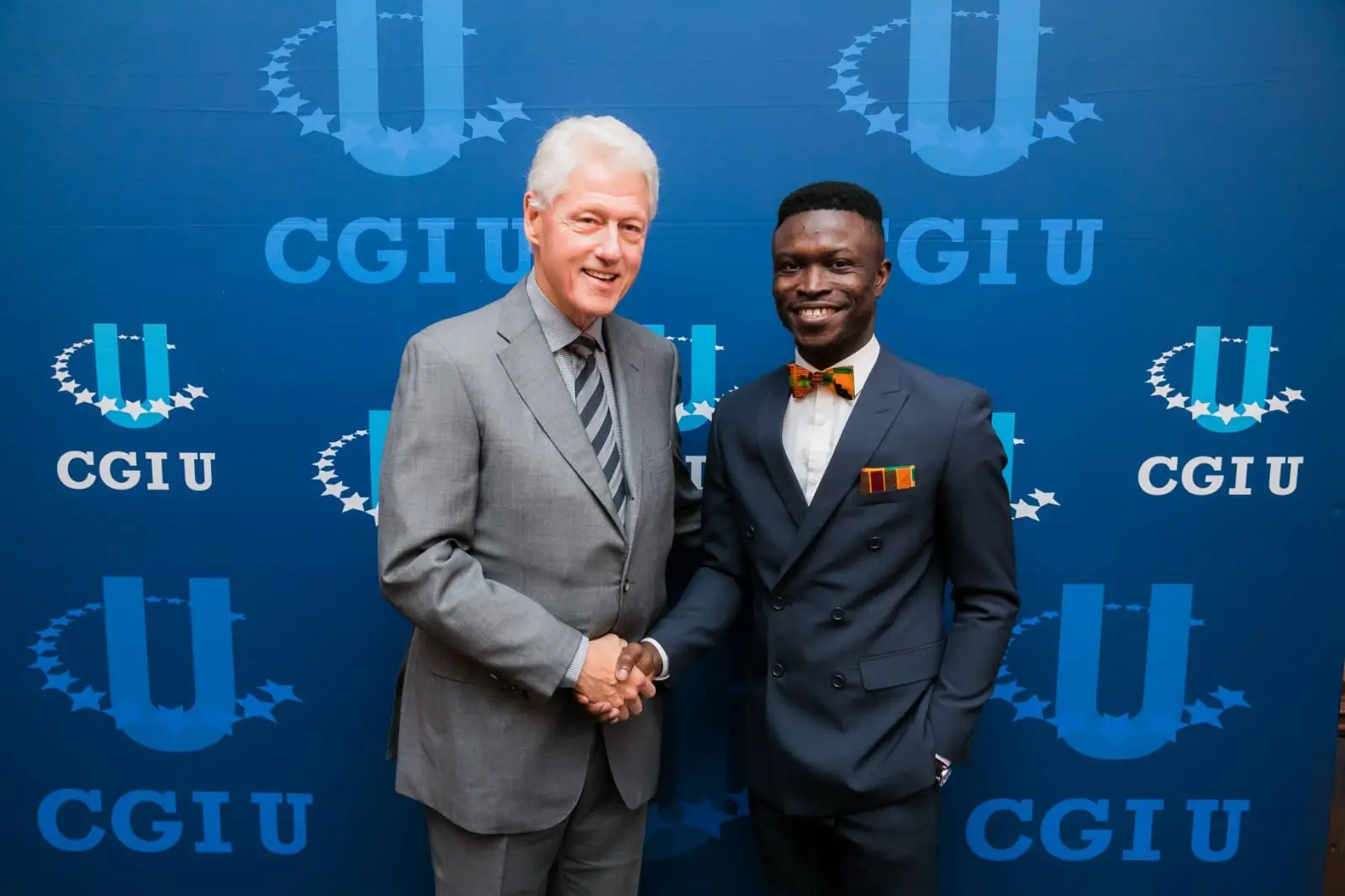
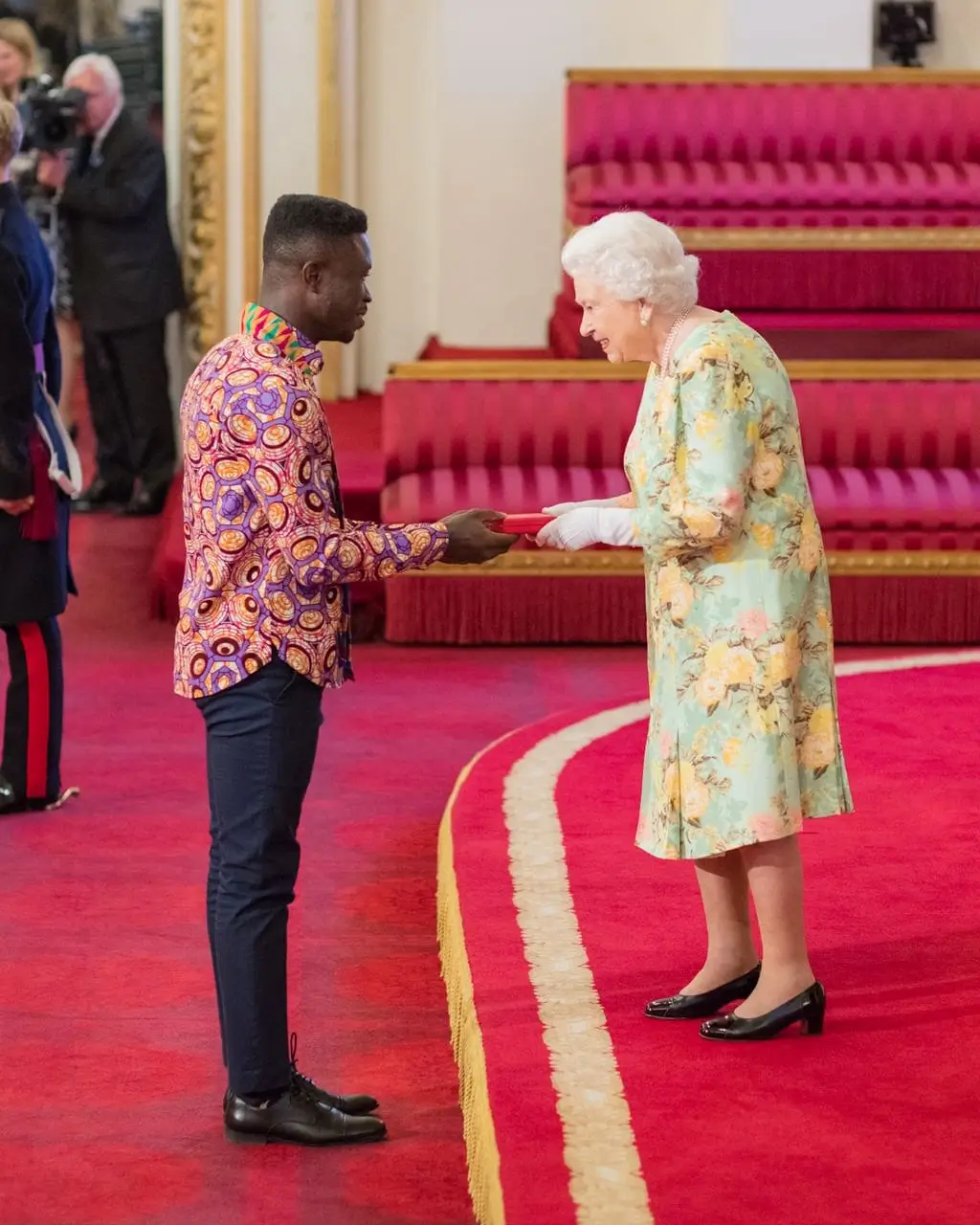
Expert Global Advisors

Peter Frumkin

Douglas Getter
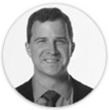
Todd Cort
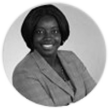
Abby Asem

Lolan Sagoe-Moses

Elijah Paintsil

Merene Botsio Tamakloe

Sodzi Sodzi-Tettey

Elijah Paintsil
Mundaly is truly groundbreaking. It proactively tracks community well-being impact and ensures corporate flows are spent in line with community needs.
Mundaly’s tools are aligned with global impact standards.
Our frameworks of questions are mapped and aligned to these standards, with emphasis on components pertinent to beneficiary insights and the size and status of the reporting provider. Zero overlaps.
